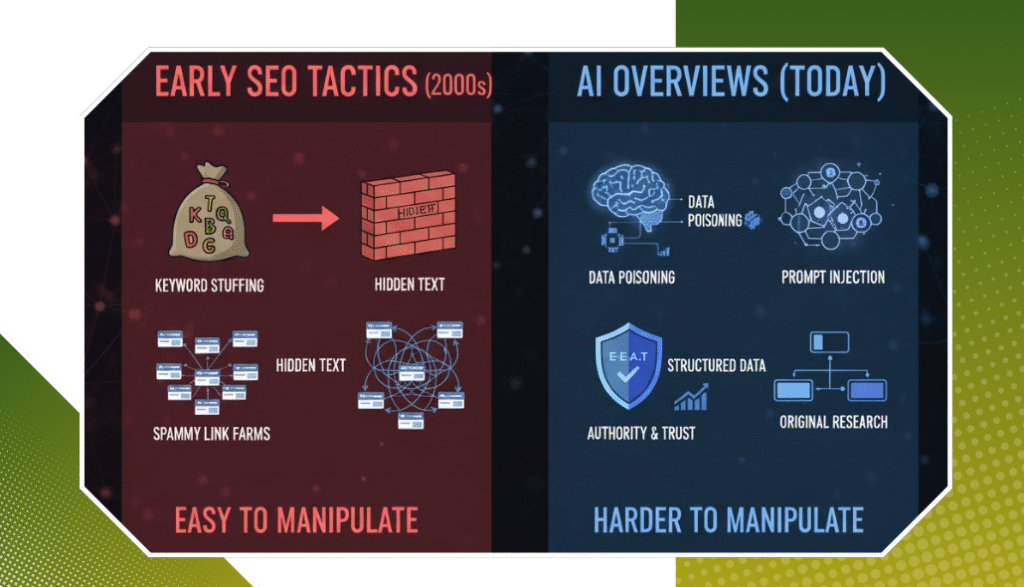These tools learn from search behaviour, suggest helpful topics, and group terms by theme and user intent. In this blog, we will walk you through how AI keyword research differs from traditional methods and how you can include it in your strategy. Let’s get started.
Understanding AI-Driven Keyword Research & Its Benefits
AI‑driven keyword research uses software powered by machine learning and natural language processing (NLP). These tools can sift through vast datasets. They detect user search behaviour. They predict which keywords will matter next. One study shows that adding semantic intent mapping to your keyword process can increase organic traffic by 25% and lift conversions by 15%. Some key benefits of AI in keyword research:
- Speed: AI tools process millions of data points in seconds.
- Relevance: They can understand context better, helping you find terms that match real user intent.
- Prediction: AI can spot upcoming trends before they become mainstream.
- Personalisation: Many tools suggest keywords based on your niche, audience, or even past content.
Traditional vs. AI‑Transformed Keyword Research
Traditional tools rely on static metrics and typically involve typing seed keywords into a tool like Google Keyword Planner or Ubersuggest. You might miss phrases people speak or multi-topic patterns. AI, on the other hand, looks beyond just the numbers.
- Context and Intent: AI tools interpret meaning, not just words. They group related words and understand conversational phrasing.
- Speed and Scale: They process millions of keywords in minutes. A tool like Nightwatch’s keyword AI generator can generate suggestions, analyse competition, and cluster by topic almost instantly.
- Trend Prediction: AI spots emerging search interest before traditional tools update.
Yet traditional remains useful for simple markets. You might still use classic tools for raw volume checks or competitive backlink analysis. A hybrid approach often works best.
Why AI‑Driven Keyword Research Matters Today
Today, the way people search is changing, and hence, search engines now focus on context and meaning, not just raw keywords. If your content focuses only on exact phrases, it risks missing what searchers want. There are two big reasons behind this:
- Google now shows AI‑generated summaries (called AI Overviews) for many queries. As of March 2025, 13.14% of searches triggered these Overviews, up from 6.49% in January. That means users might get answers without clicking links. If your content isn’t optimised for AI extraction, you lose visibility.
- User search queries are more conversational and diverse. People ask questions rather than type one or two words. Only tools that analyse intent and context can help meet those needs. A shift from keyword stuffing to value‑led content is now critical. Tools like Creaitor and SEMrush help you match that change by clustering topics and filtering by intent type, like informational, transactional, etc.
How to Do AI-Driven Keyword Research in 2025
Here’s a simple guide to integrate AI keyword work smoothly into your content planning:
- Pick a Goal: Set a clear goal and focus on what users really want. Pick between traffic awareness or conversions, and decide which searcher intent matters for you. Use AI tools to pull queries real people ask, including voice or question-style phrases.
- Use a Good AI Tool: Tools like Semrush’s Keyword Magic Tool, Surfer SEO, Frase, and Ahrefs (with AI add-ons) are popular in 2025. Many also integrate with ChatGPT plugins to speed up the process.
- Cluster Related Queries: Instead of focusing on one keyword, group related terms together. For instance, “gut-friendly recipes,” “foods for bloating,” and “fermented foods list” could be used across the same piece of content.
- Analyse Intent: Is the keyword informational, transactional, or navigational? Use AI suggestions to adjust your content format, like blog, listicle, product page, etc. Prioritise terms with decent volume and low competition or clear intent.
- Monitor, Refine, and Repeat: AI doesn’t stop at suggestions. Tools like SuperAGI, Ahrefs, and SEMrush automatically update keyword forecasts. Revisit your strategy every quarter and revise to match emerging trends or shifts in search behaviour.
How to Choose the Right AI Keyword Research Tool?
No single tool fits everyone. The best keyword AI generator for you depends on your needs and budget. Here’s what to consider:
- Ease of Use: If you’re not very technical, choose a tool with a simple dashboard.
- Depth of Insight: Some tools give just keywords; others offer full SEO suggestions, including titles, meta descriptions, and outlines.
- Cost Versus Scale. For freelancers or small teams, free tiers (like Creaitor or Team‑GPT) help. Larger businesses might prefer enterprise versions of Semrush or RivalFlow that also audit content gaps and provide optimisation suggestions.
Conclusion
In 2025, AI keyword research is more than just a trend. It shapes how people search and how content gets found. AI tools can deliver those insights at scale. But they don’t replace human strategy or clarity. If you do this right, your content becomes more helpful, trusted, and more visible in both search engines and AI assistants. That’s how you future‑proof your content strategy. If you want to get started on key insights that could boost your rankings, contact us. Our team at Rankingeek Marketing Agency will help you create a content strategy that not only ranks but also helps your audience.




